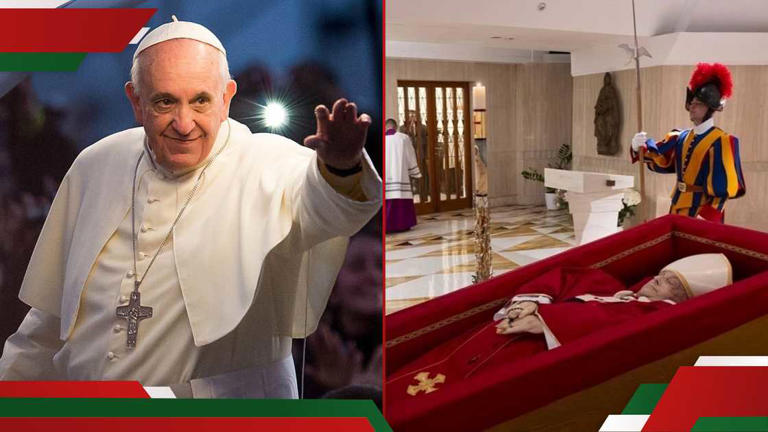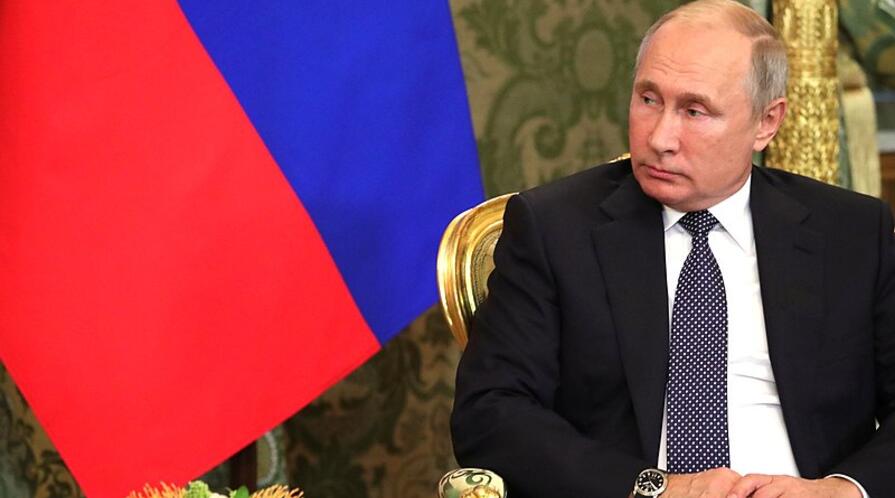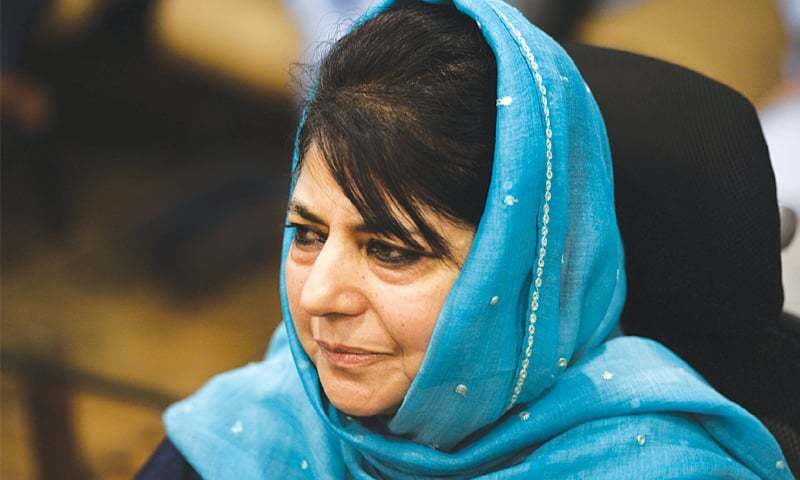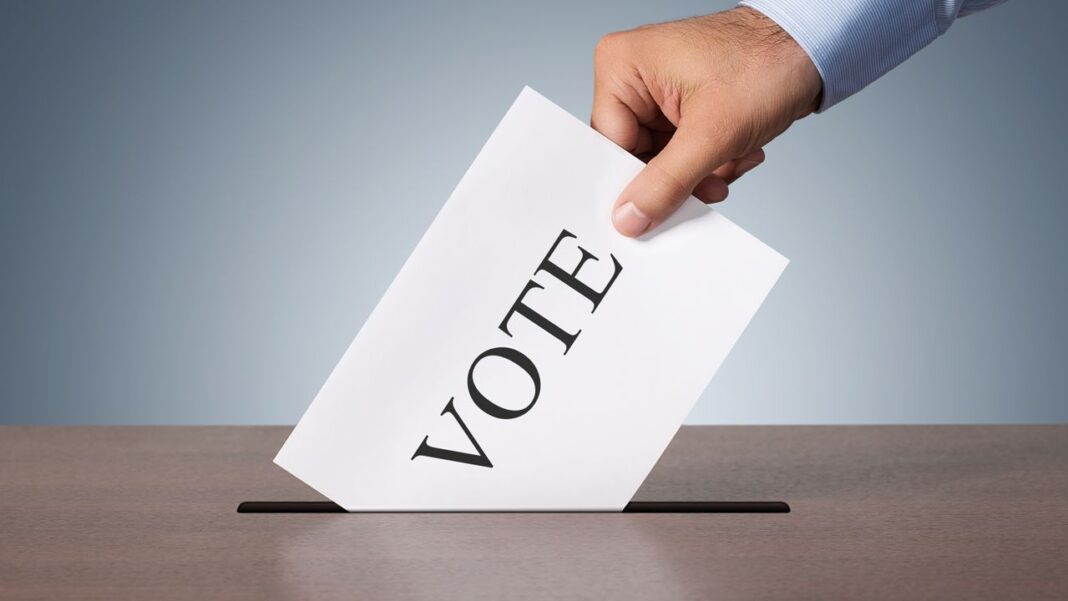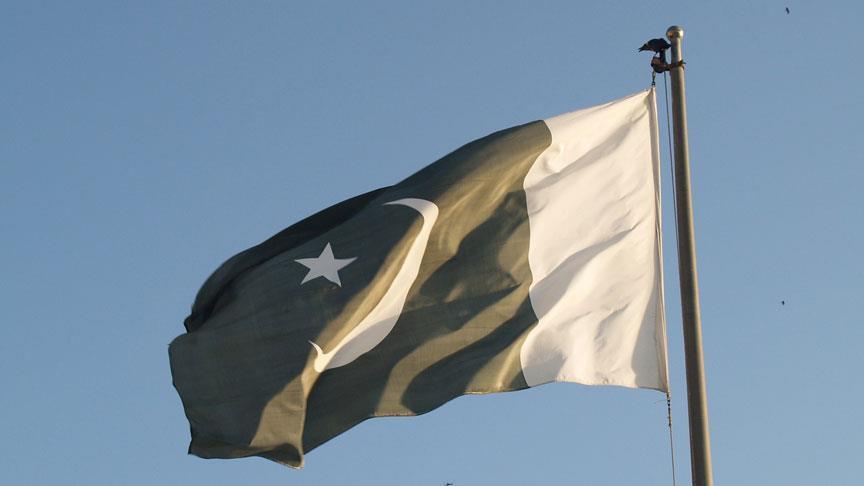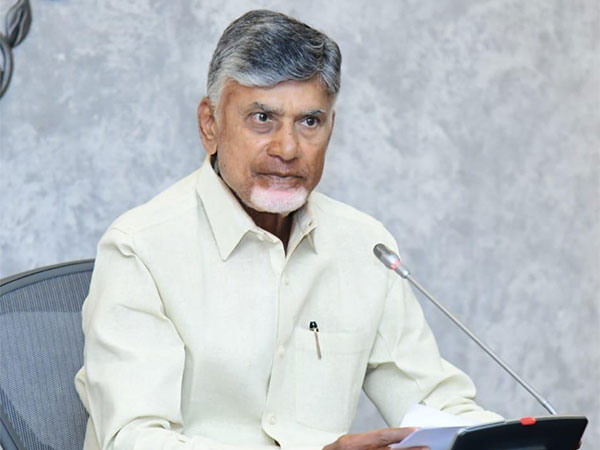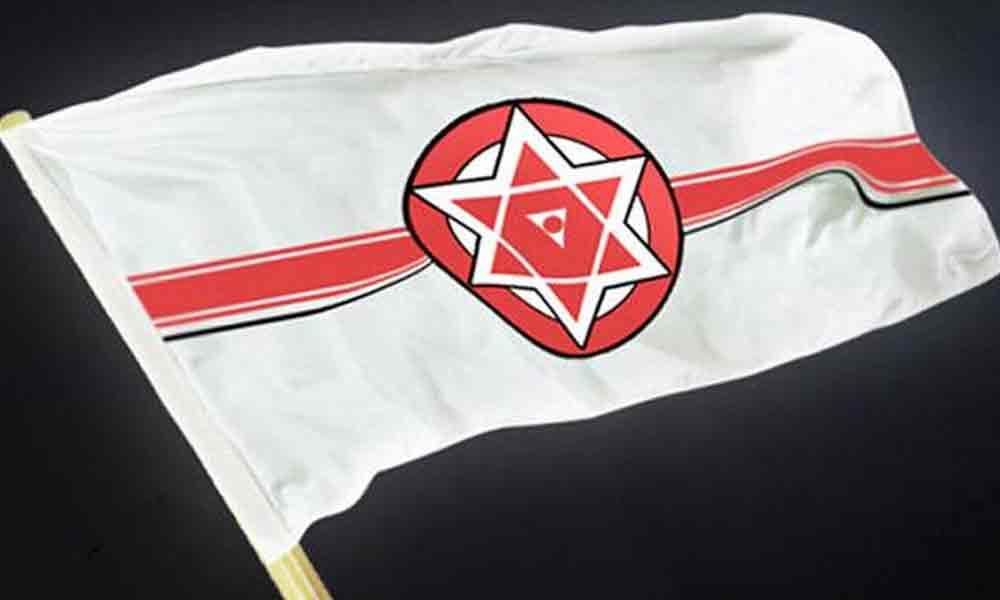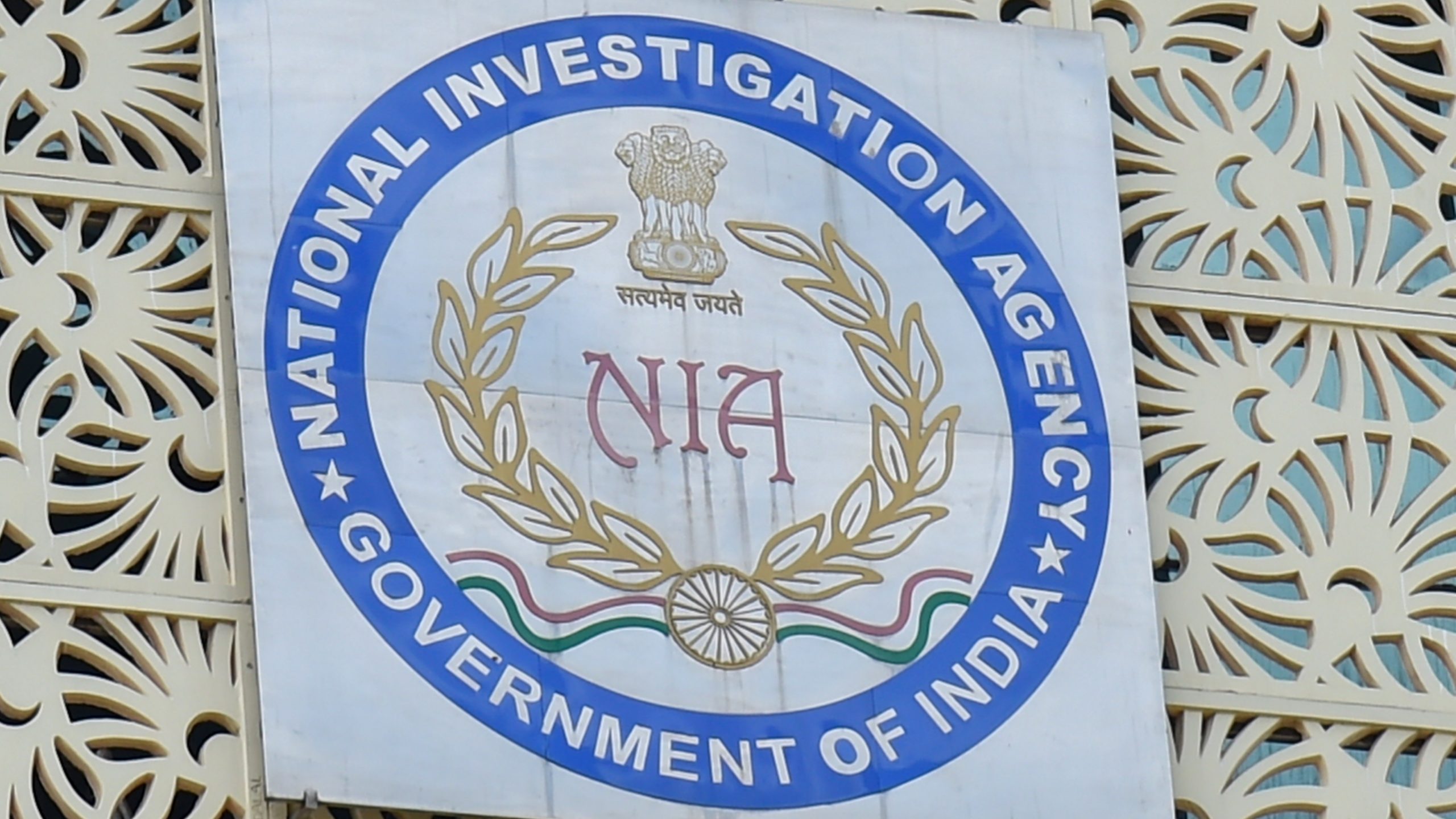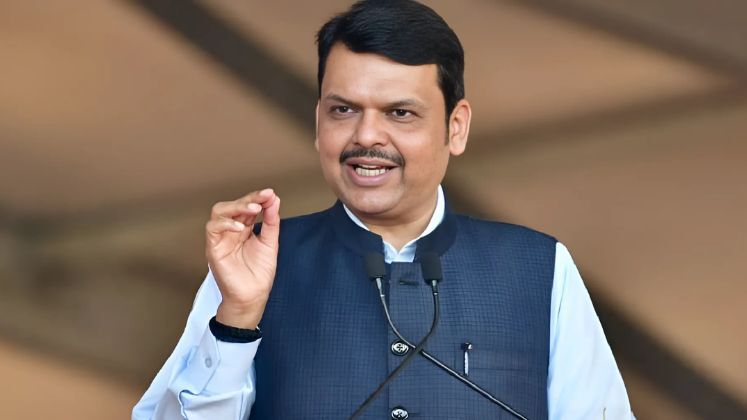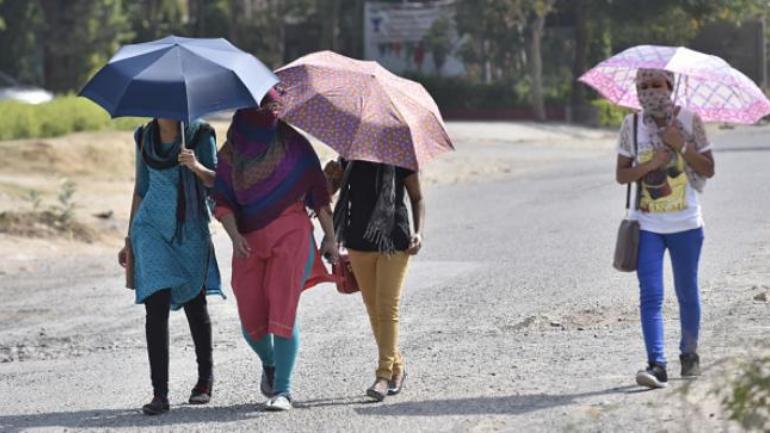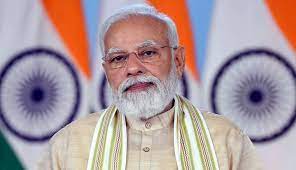Swiss say 'no thanks' to basic income for all
Mon 06 Jun 2016, 10:44:53
Swiss voters were on course on Sunday flatly rejected a radical proposal to provide the entire population with a basic income with no work required, initial results and projections showed.
In a global first, the Swiss were asked whether they wanted all citizens, along with foreigners who have been legal residents for at least five years, to receive an unconditional basic income or UBI.
National projections showed 78% of the voters had opposed the initiative, according to numbers provided by gfs.bern polling institute to public broadcaster RTS an hour after polls closed. Supporters say providing such an income would help fight poverty and inequality in a world where good jobs with steady salaries are increasingly hard to come by.
The group behind the initiative has suggested paying 2,500 Swiss francs (Rs 1.71 lakh) a month to each adult — considerably less than what most workers earn — and 625 francs (Rs 42,000) for each child.
But the idea was controversial from the start, with the government and nearly all political parties urging voters to reject the
scheme. Andreas Ladner, a political scientist at Lausanne University, told RTS the Swiss were "realistic" in their assessment of the UBI plan. Accepting that people can "be paid without having to work would have been a very big step" for the industrious Swiss, he said.
scheme. Andreas Ladner, a political scientist at Lausanne University, told RTS the Swiss were "realistic" in their assessment of the UBI plan. Accepting that people can "be paid without having to work would have been a very big step" for the industrious Swiss, he said.
Critics have slammed the initiative as a “Marxist dream”, warning of sky-high costs and people quitting their jobs in droves, causing economic chaos. Authorities have estimated an additional 25 billion francs would be needed annually to cover the costs, requiring deep spending cuts or steep tax hikes.
That argument likely to hit home with the Swiss who have previously turned up their nose at initiatives that would have ushered in a minimum wage and increased paid holidays from a minimum four to six weeks, fearing they would hurt competition.
But supporters of the UBI initiative were not cowed by the resounding defeat.“We are very happy,” Ralph Kundig, one of the lead campaigners, told the ATS news agency. Supporters threw a party in Lausanne to celebrate the 22% of votes they had garnered.
No Comments For This Post, Be first to write a Comment.
Most viewed from International
Most viewed from World
AIMIM News
Latest Urdu News
Most Viewed
May 26, 2020
Do you think Canada-India relations will improve under New PM Mark Carney?
Latest Videos View All
Like Us
Home
About Us
Advertise With Us
All Polls
Epaper Archives
Privacy Policy
Contact Us
Download Etemaad App
© 2025 Etemaad Daily News, All Rights Reserved.

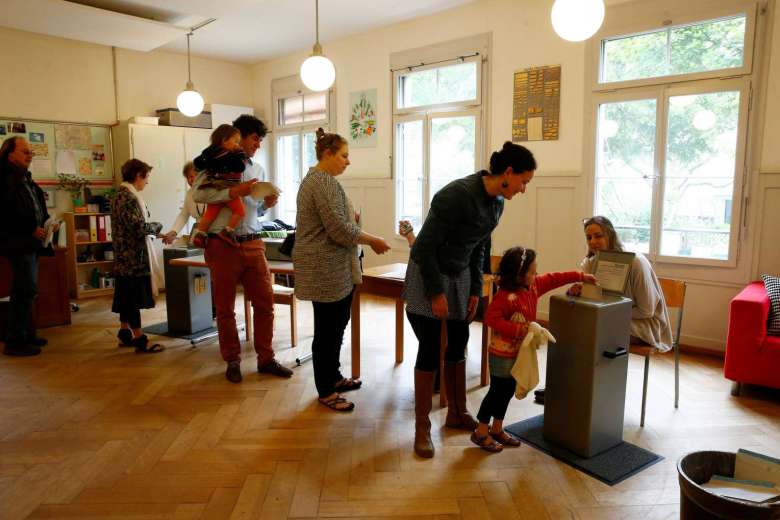
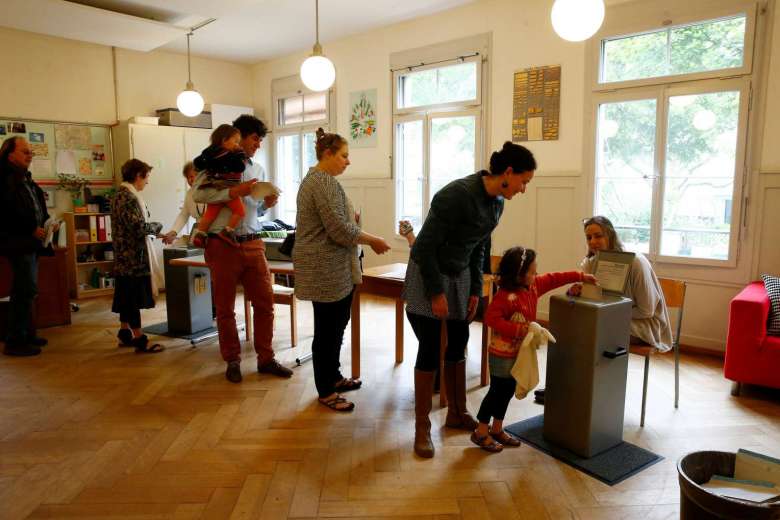
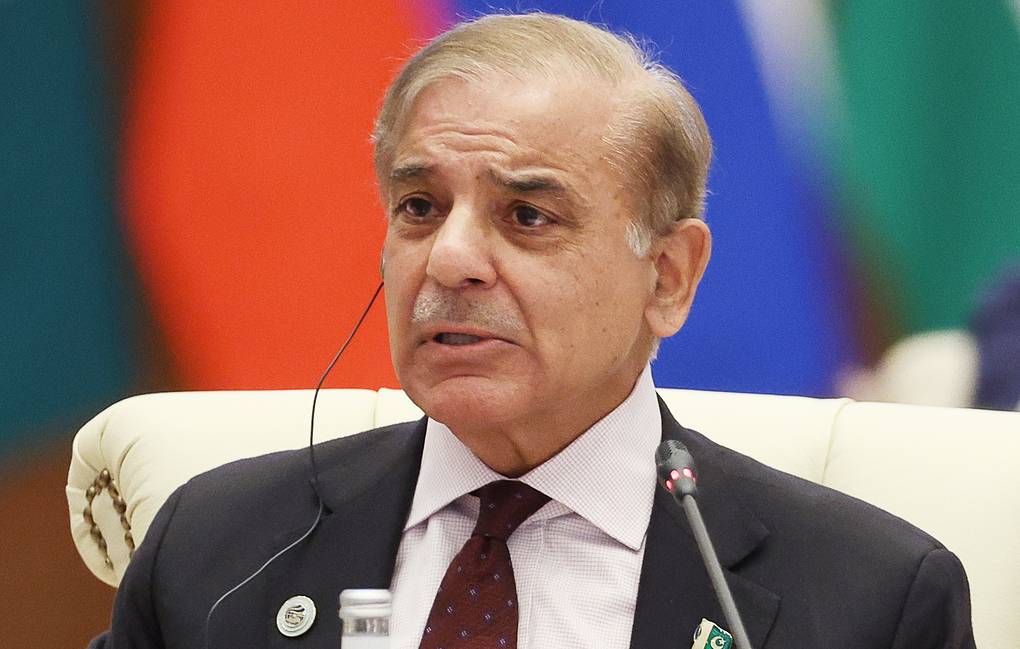

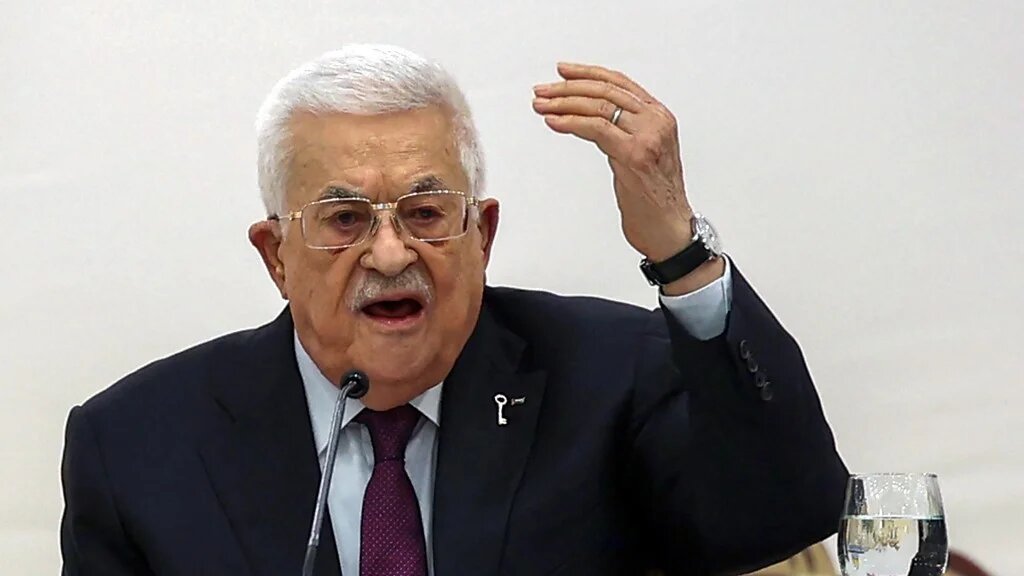

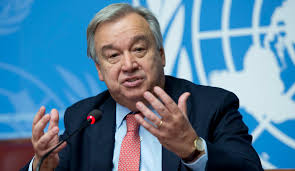
.jpg)
.jpg)


